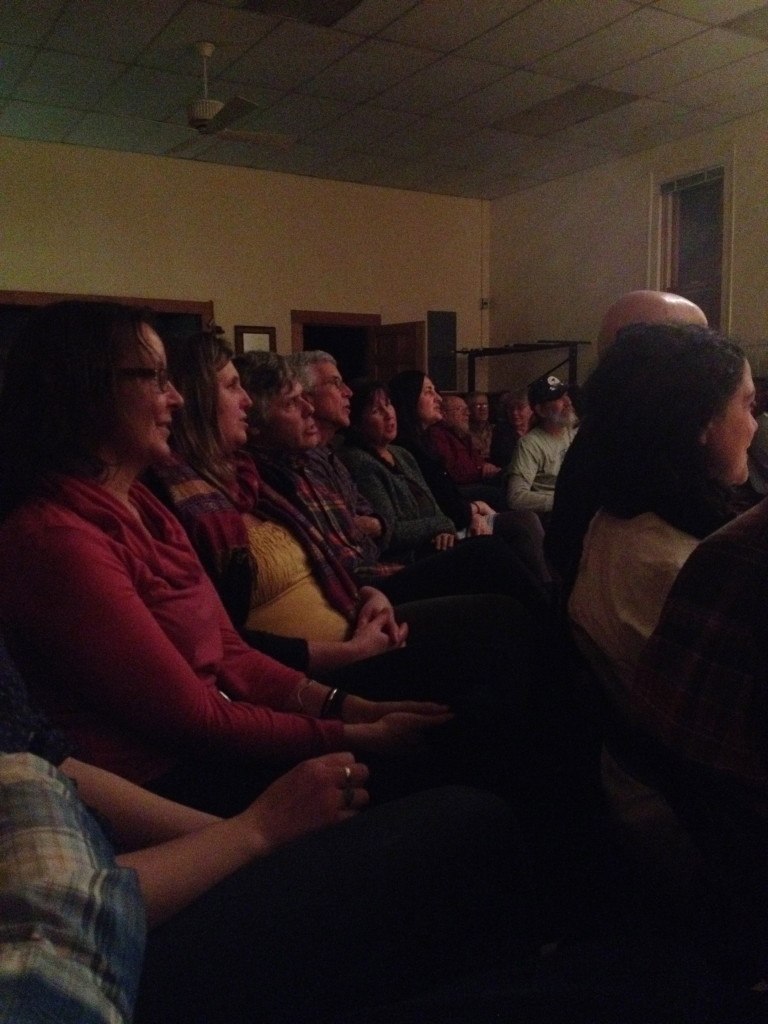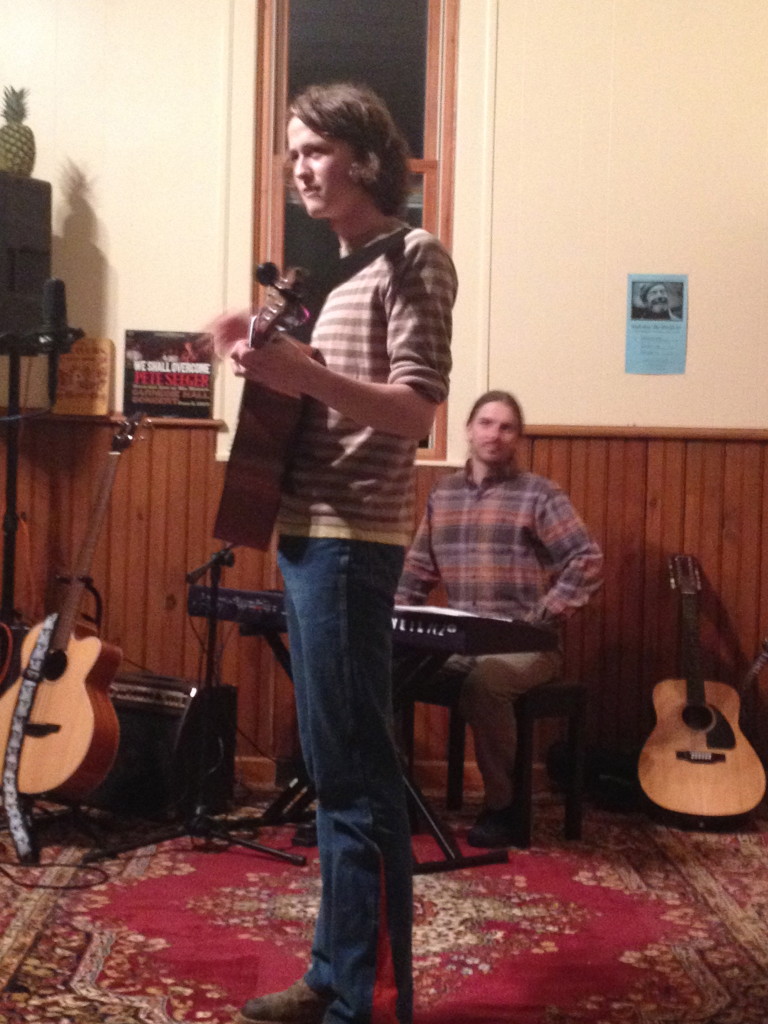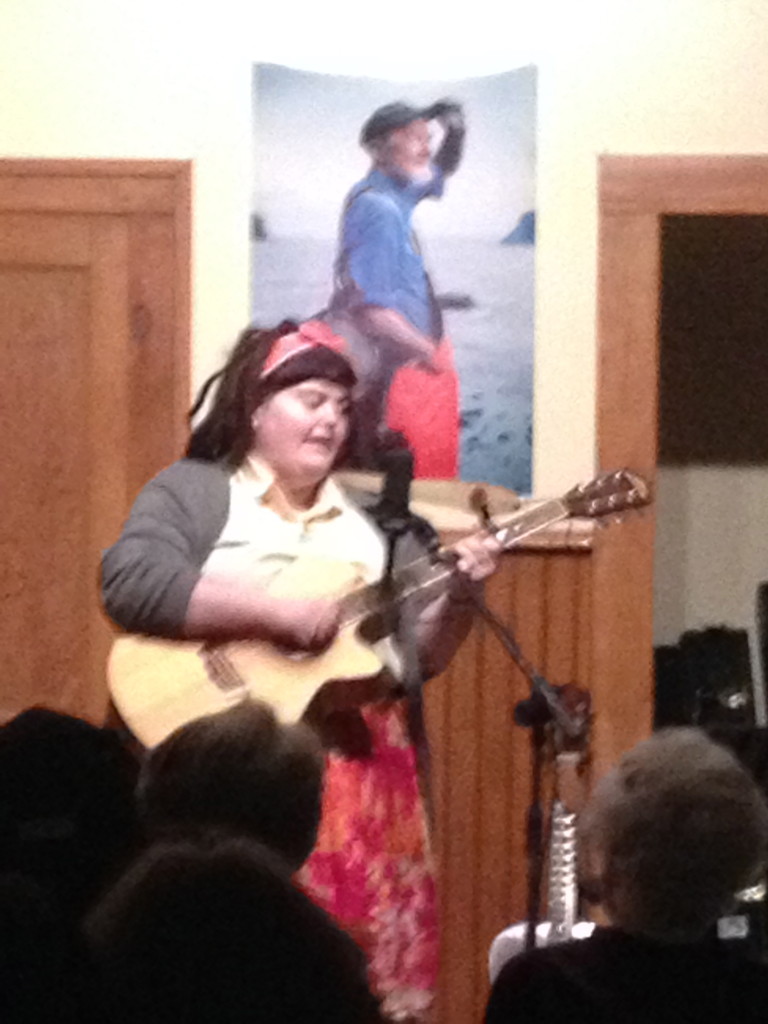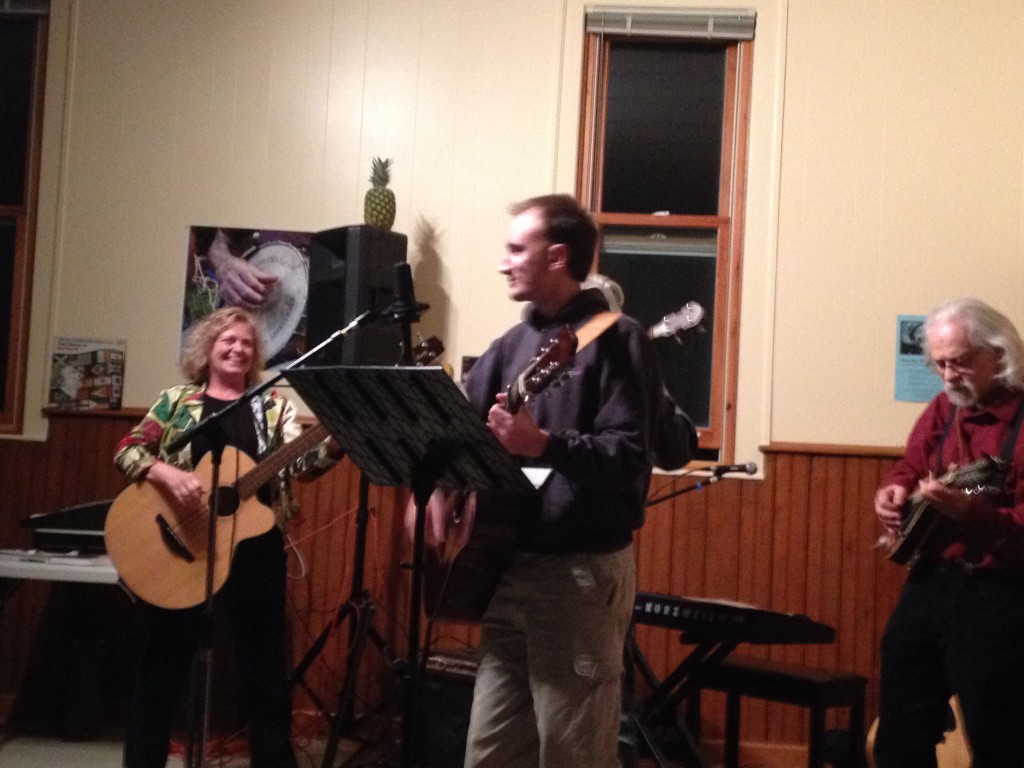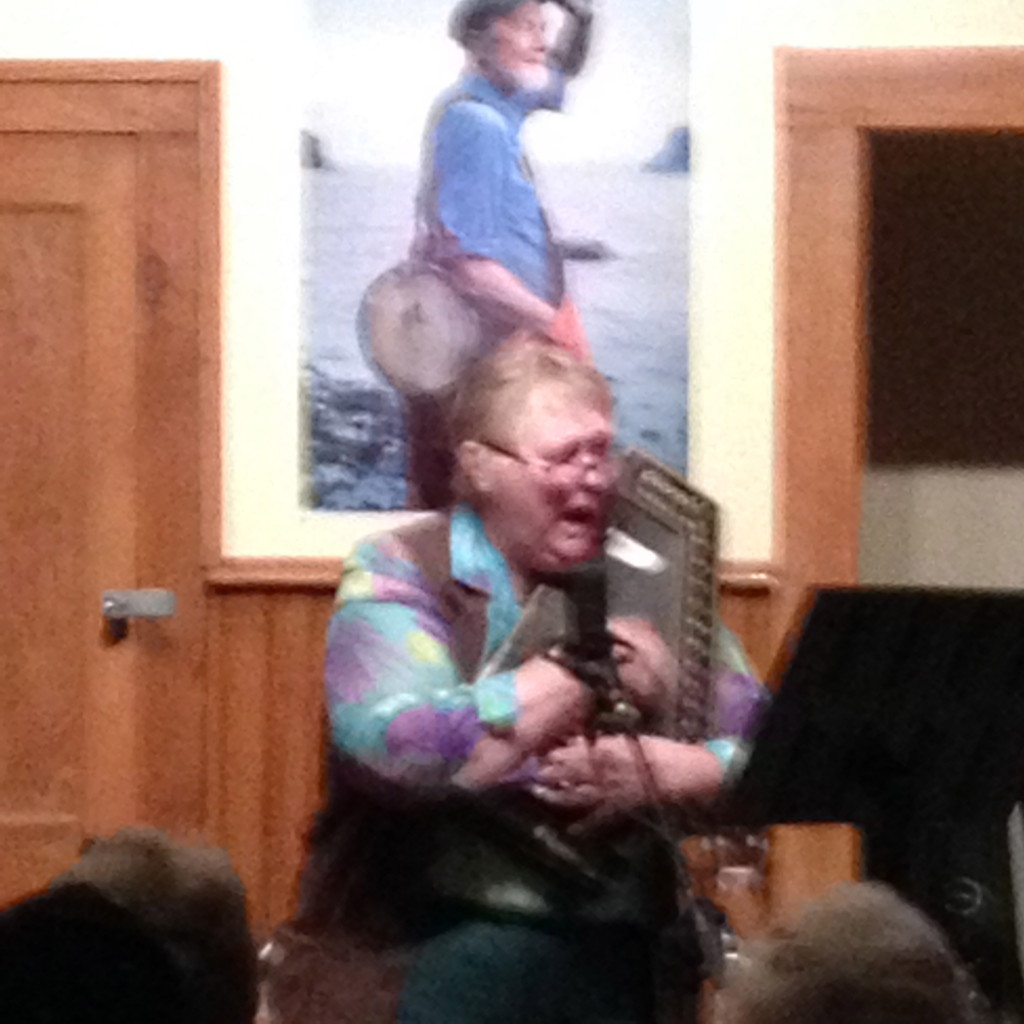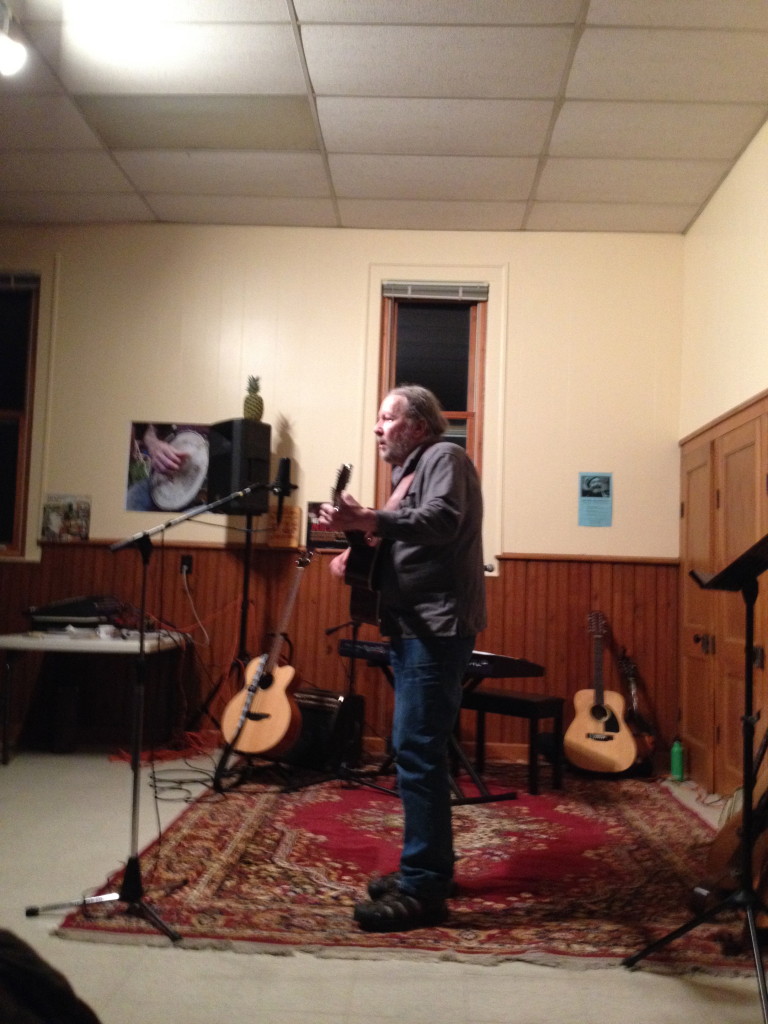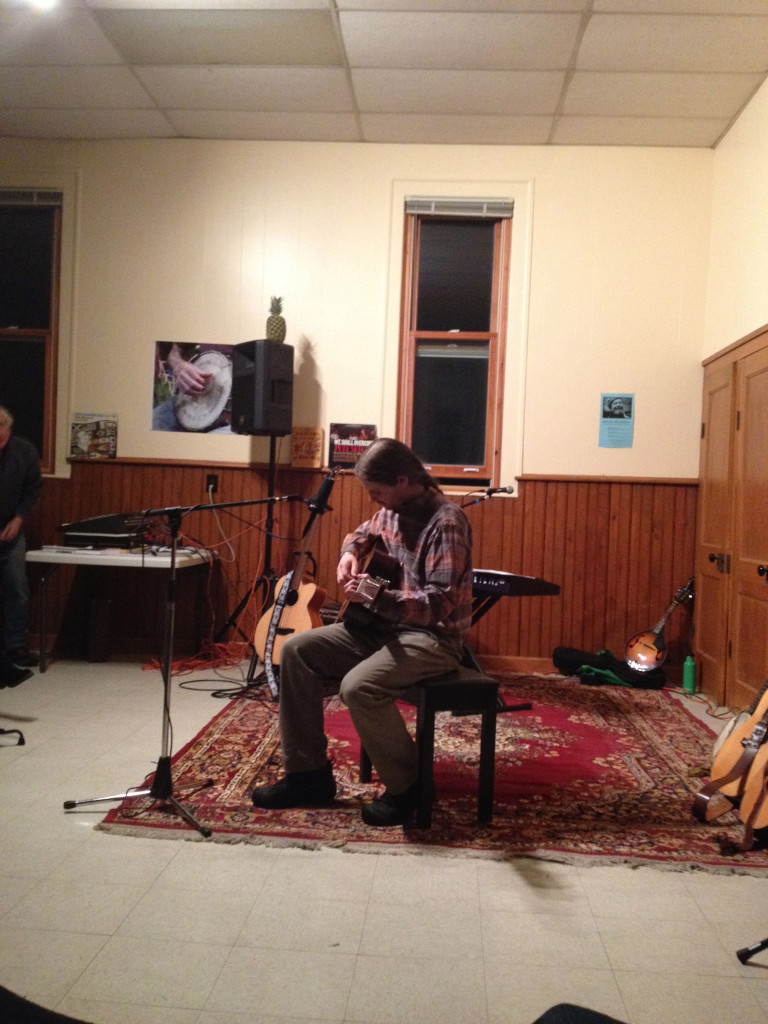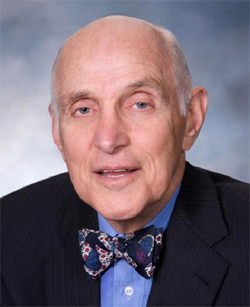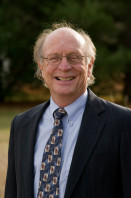
By Jim Olson
President, FLOW For Love of Water, Traverse City
Attorney, Olson, Bzdok & Howard, P.C., Traverse City
When I look back over the past year, I can’t help but feel hope in the common goodness of people and communities.
I say this not without heart felt and serious concern about events in the world that point in the opposite direction – despair: increasing violence from guns, war, and sweeping droughts and floods, causing death and dislocation of millions of people and children, global warming and the push-back from unprecedented storms and extreme weather that compound drought, floods, landslides, which in turn destabilize countries like Syria fomenting conflict and conditions for ISIS. To paraphrase Circle of Blue senior journalist Keith Schneider, “The earth is angry and she’s fighting back.”
Closer to home, Detroit water shut-offs continue despite the devastating impact on the poor who can’t afford to pay a normal water bill, let alone the $100 a month or more claimed by the Detroit Water Board. State leaders finally stop denying the Flint water-crisis more than a year after residents demanded help, that its children and residents were exposed to high levels of lead from the city’s public water system. The problem is more endemic than Detroit or Flint, since both crises grew out of the unbridled power of Governor Snyder’s emergency manager law to usurp the power of city assets and revenues to pay debts regardless of the impacts to citizens. Flint’s emergency manager thought only of economic expediency in turning off water supplied from Detroit, and tapping into the filthy, polluted Flint River. Then there is the continual threat from the flow of oil in the aging, nearly 63-year old Line 5 pipeline under the Straits; the harm from a release or leak would be so catastrophic, the risk is unacceptable to everyone; yet the flow of oil continues without immediate temporary measures while state officials continue to study it as if it was an “issue,” and not the clear and imminent endangerment of the Great Lakes and the Straits of Mackinac – the fact is there is enough capacity within the pipeline system in the Great Lakes without Line 5 endangering the Straits.
So why the hope? Other events have happened this past year that point to a new way of understanding and, perhaps, solving many of the threats that we face in the world and our communities.
First, Pope Francis issued his encyclical on climate change and the environment, connecting the reality of our excessive consumptive materialism, global inequality, poverty, ecological and community devastation, and violence that follows. He carefully documented that our way of seeing and doing, our post-modern god of the law of free markets and legally justified greed, our fragmented attempts at dishing out money to help the poor are not working. He says this because we are living a material, market place illusion, and not in harmony with the reality that the earth is our “common home,” and that if we do not share its gifts and respect its inherent natural limits, earth’s water, weather, soil, and the biological diversity on which all life depends will continue to worsen to even greater extremes. He points to a new paradigm, a framework in which we work and live with the understanding that a body of water, whether ocean, Grand Traverse Bay, or Lake Chad, are a commons, part of the gift of earth as commons to all. If we do this, not only with water, but the ridge lines and forests, the beauty and land that are home to our relationships, our cities, the neighborhoods within our towns, the soils beneath our feet, the air we breathe, then we will begin to reshape our life around truth and the given limits of nature, and this will guide our living, our way of life, or economy, full and rich with newly directed creative and sustainable opportunities and entrepreneur ship.
Second, amidst a world of conflicts, from Syria to the Ukraine, from our own cities, to Nigeria, Sudan, and Afghanistan, and in the aftermath of the mass murders from extreme terrorists in Parrs, the nations of the world cooperated: leaders of large and small, developed and developing, or undeveloped countries, recognized the responsibility to each other, agreed to something, the world temperature will not rise more 2 degrees, and maybe less. While it is not law yet, if taken implemented, it will help stave off global calamity greater than two world wars last century, by reducing the irreparable damage we face from climate change and global warming. There is hope in the agreement that we stop denying and see the mounting harm and set a goal that through hard-work and common sacrifice offers a way out of an unthinkable alternative for people everywhere.
Third, we witnessed the bridging of differences by our Supreme Court in precedent setting cases that demand human dignity for marriage between two people, human rights to housing and water for the poor without access, as wells as the genuine search for a common goal to address wasteful and harmful water rights in the middle of the historical California droughts.
Fourth, our political debate heating up even before the 2016 presidential election has pointed to something more than the old, increasingly polarized beliefs in market economy, through money at wars and problems, rather than considering the root of the problem might be the way we are looking at them. Regardless of my own or others’ political persuasion, there is a fresh voice in Bernie Sanders, laying out the case for a community based on sharing of wealth, taking care of neighbors, and our neighborhood, what Pope Francis calls our “common home,” and at the same time helping with services to the poor, respecting and honoring diversity, and encouraging new business innovation. We have been trapped in this country in a red and blue, right and left, straight-jacket of false ideology, rather than identifying those things that are essential to every one of us and providing for them as principle of our country—the common good.
Fifth, then Michael Moore comes out with his latest film Where to Invade Next? Good God, here we have the message that we here in the USA had the idea, come up with the ideas, of common good, yet go in the opposite direction of individualized competition based on a law of the jungle called free markets. Everything is about profit and money and bottom line. The world is not a corporation, it is a commons in which corporations organizations are simply a means, not an end.
Do we really have a choice? Our common home and communities are simultaneously local and global. It’s not just act locally, think globally, or act globally, think locally. It’s all of this and more. If we don’t act, for example, on climate change, or understand that climate change is not just an energy issue but about water and food, if we don’t move toward a renewable economy within a few years, small island countries will literally disappear, rainforests and biodiversity will disappear, coastal cities and other areas will increasingly flood and fail from even more extreme storm events or the day-to-day failure to change, adapt and embrace resilient cooperation—the common good. All one has to do is read through “4 Degrees Turn Down the Heat: Climate Extremes, Regional Impacts, and the Case for Resilience,” a report published by renown scientists and even sponsored by the more conservative World Bank. The picture is not pretty, and it would it is ignorant, even immoral, at this time in history not to act, even out of self-interest, for this common good.
So I end this year and start the next with hope. At FLOW, the Great Lakes and Water Policy Center, here in Traverse City, and other organizations throughout the region, we have chosen as a mission and goal to protect the waters of the Great Lakes basin as a commons with principles, known as the public trust doctrine, that require government as trustee and people as beneficiaries, to work together to respect and protect water and community that depend on it from impairment. Private control of public waters and other public commons has always been prohibited; this is because some things essential to all of us are common to all of us. If we don’t protect the commons, we undermine the air, water, community and neighborhoods where we live. To work and live toward the common good is to work for the commons and at the same time work for yourself, family and friends. To not work for the common good, is to continue the long, slow, or perhaps not so slow, disintegration that leads to destruction of the earth, water, air, community, people, and leads to a world violent and unsafe.
It is hopeful and reassuring to see positive events pointing toward this new way of seeing, understanding and doing – living and working for the protection and sustainability of our common home and the common good. They are one and the same. Here’s to another hopeful New Year.

 With a formal launch 7 p.m. June 26th at The Alluvion in Commongrounds, 414 E. Eighth in Traverse City, People of the Dune is about to stir the debate and express Jim’s own deep commitment to protecting the natural world and honoring indigenous knowledge.
With a formal launch 7 p.m. June 26th at The Alluvion in Commongrounds, 414 E. Eighth in Traverse City, People of the Dune is about to stir the debate and express Jim’s own deep commitment to protecting the natural world and honoring indigenous knowledge.


 One of the most iconic sights in the Great Lakes region, the Bridge has always been a source of wonder for me. My family took trips to the Upper Peninsula of Michigan to go camping, and the best part of the car ride was the five miles over the Great Lakes. My brother and I would peer out the window down to see the water, then up to watch the enormous passing towers.
One of the most iconic sights in the Great Lakes region, the Bridge has always been a source of wonder for me. My family took trips to the Upper Peninsula of Michigan to go camping, and the best part of the car ride was the five miles over the Great Lakes. My brother and I would peer out the window down to see the water, then up to watch the enormous passing towers.



 r, Patagonia pledges 1% of their sales to the protection and restoration of the natural environment—regardless of the health of their sales or the economy. They call it the Earth Tax. This year, we identified 741 grassroots environmental groups in 18 countries and gave them $6.2 million in cash to do important work to restore rivers and forests, stop mines, protect endangered wildlife and habitat, and mitigate the effects of climate change. FLOW is proud to be among Patagonia’s grantees, and one of two Michigan nonprofits they recommend supporting. See the full breadth of their environmental and social efforts over the past year, including a list of all Patagonia grant recipients
r, Patagonia pledges 1% of their sales to the protection and restoration of the natural environment—regardless of the health of their sales or the economy. They call it the Earth Tax. This year, we identified 741 grassroots environmental groups in 18 countries and gave them $6.2 million in cash to do important work to restore rivers and forests, stop mines, protect endangered wildlife and habitat, and mitigate the effects of climate change. FLOW is proud to be among Patagonia’s grantees, and one of two Michigan nonprofits they recommend supporting. See the full breadth of their environmental and social efforts over the past year, including a list of all Patagonia grant recipients 

 Bishop Jefferson has been a pastor for 27 years and an activist for 25 years. She is married with ten children and ten grandchildren. She was one of the first signers of the
Bishop Jefferson has been a pastor for 27 years and an activist for 25 years. She is married with ten children and ten grandchildren. She was one of the first signers of the 








